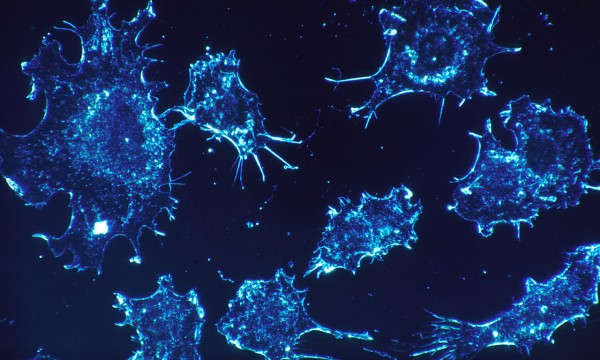Recent developments have opened the door to the future of prostate cancer treatment.
- Browse Categories
- All Tips
-
Home & Garden
- All
- Appliances
- Bathroom
- Cleaning
- Crafts
- Decorating
- Electrical
- Flooring
- Furniture
- Garage Door
- Gardening
- Green Living
- Heating
- Home Alarm Systems
- Home Maintenance
- Home Remedies
- Home Security
- Home Staging
- House Sitting
- Junk Removal
- Kitchen
- Lawn Care
- Lock Systems
- Moving
- Outdoor Living
- Pest Control
- Plumbing
- Renovation
- Roofing
- Snow Removal
- Storage
- Tools
- Tree Service
- Health
- Family
- Travel
- Auto
- More Tips

5 new options for treating prostate cancer
January 19, 2015

New options, including the use of ultrasound, hormones, vaccines and other substances have offered hope and comfort to many stricken with prostate cancer.
Here are some of the latest creative treatment techniques.
1. High-intensity focused ultrasound (HIFU)
In this treatment for early-stage prostate cancer, intensely focused ultrasonic beams heat cancer cells to the point of destroying them.
- The new technique is already available in Europe, and clinical trials of this "HIFU" technique are underway in North America.
2. Vaccines for treatment rather than prevention
Vaccines are commonly thought of as a preventative measure. However, clinical trials are examining new vaccines that enhance the human body's immune response to cancerous cells in the prostate.
- Researchers hope the Prostvac-VF vaccine will enable the immune system to better identify and destroy prostate-specific antigen-containing cancer cells.
- Early test results are positive enough to encourage more research.
3. Targeted therapies
To treat many forms of cancer, doctors use substances that selectively target cancer calls while leaving normal cells alone. These targeted therapies can inhibit the ability of a cancer cell to divide, grow or heal itself by focusing exclusively on what makes them act and reproduce differently from normal cells.
- For example, the chemotherapy drug cabozantinib was able to diminish or eliminate bone tumours in men with prostate cancer that had grown unresponsive to traditional-hormone therapies.
- The positive effect lasted for as long as six months in early studies.
4. New hormone therapies
When long-established forms of hormone therapy lose their effectiveness, physicians must use new hormone therapies.
- For example, orteronel may target CYP17 inhibitors with greater precision than a previously used hormone drug: abiraterone.
5. Angiogenesis inhibitors
Another promising approach in the treatment of prostate cancer inhibits the ability of cancers to develop new blood vessels that are necessary for growth, which is a process known as angiogenesis.
- If this process of growing new blood vessels becomes inhibited, doctors can stop or slow down the spread of certain aggressive prostate cancers.
- In early trials, anti-angiogenesis drugs were linked to significant side effects like blood clots and nerve damage, so the treatment requires more study.
Other factors
- Individual treatment protocols vary according to the progress of prostate cancer at the time of diagnosis.
- Also, some physicians may favour certain treatments over others.
Those who have received a prostate-cancer diagnosis should stay abreast of the latest possibilities for treatment while consulting their options with the physician.







